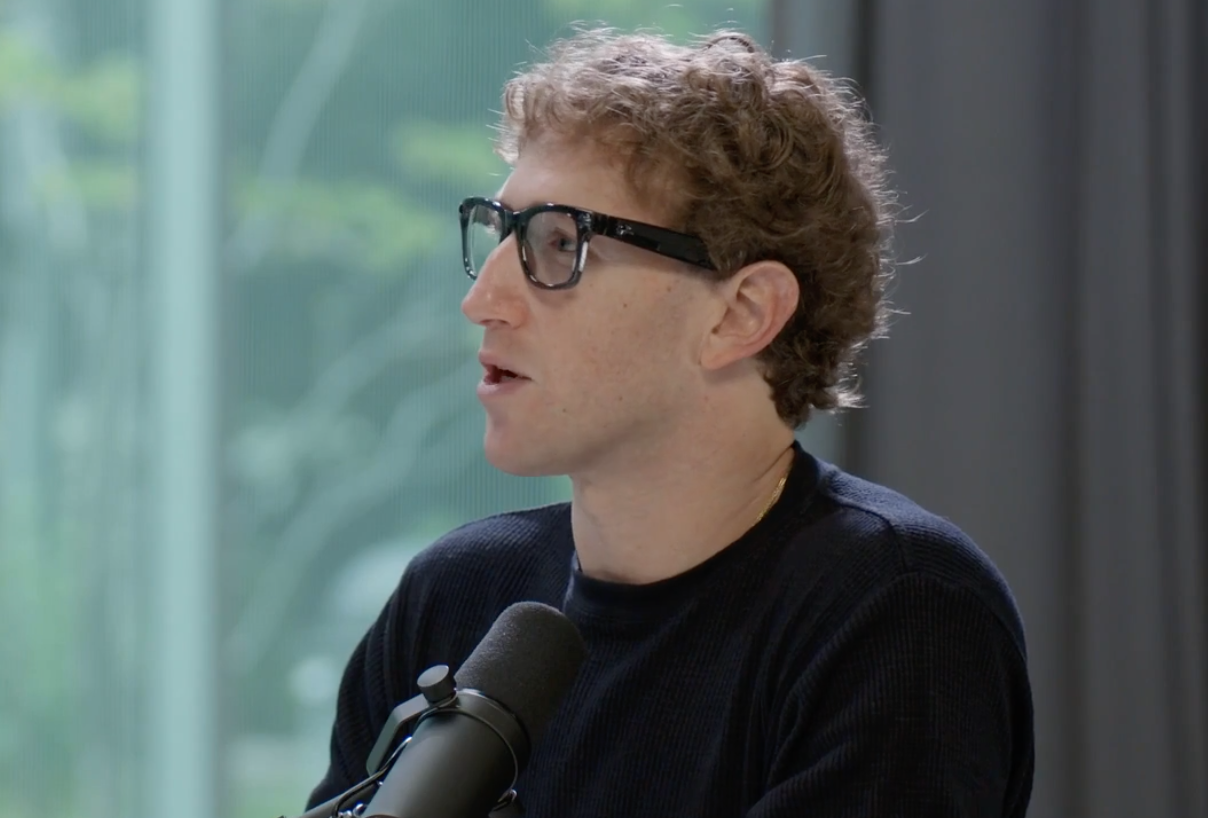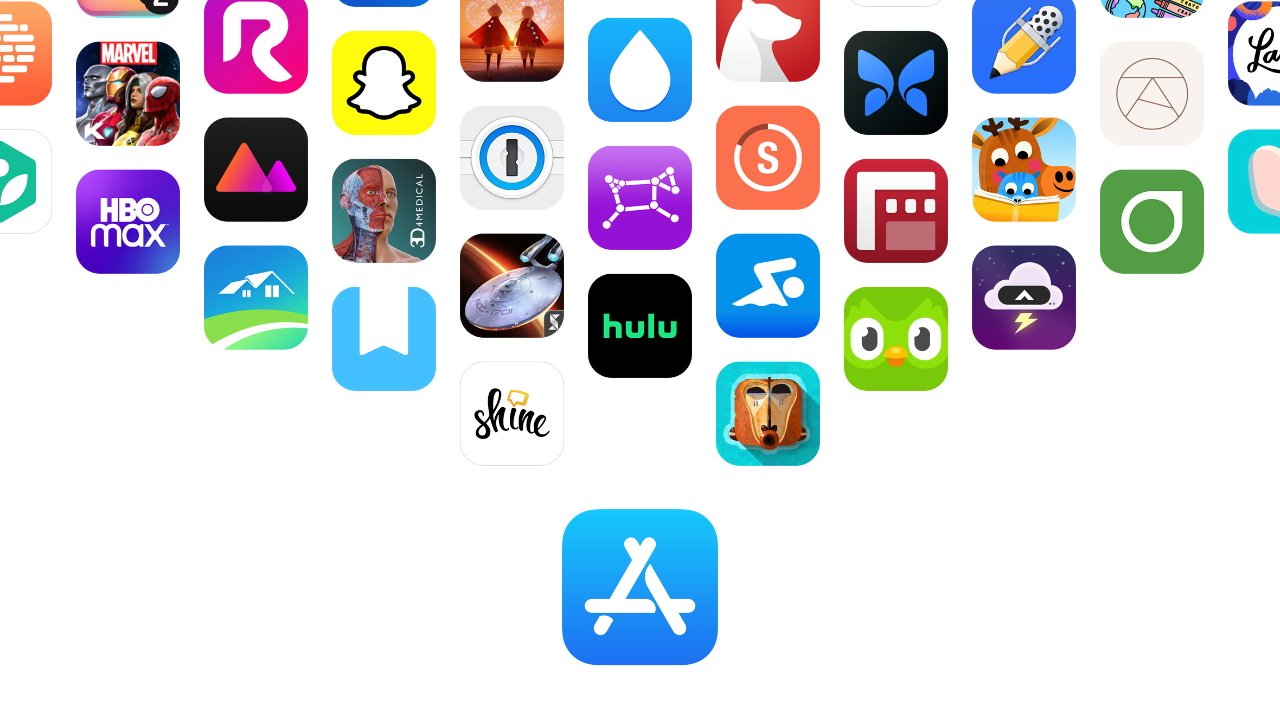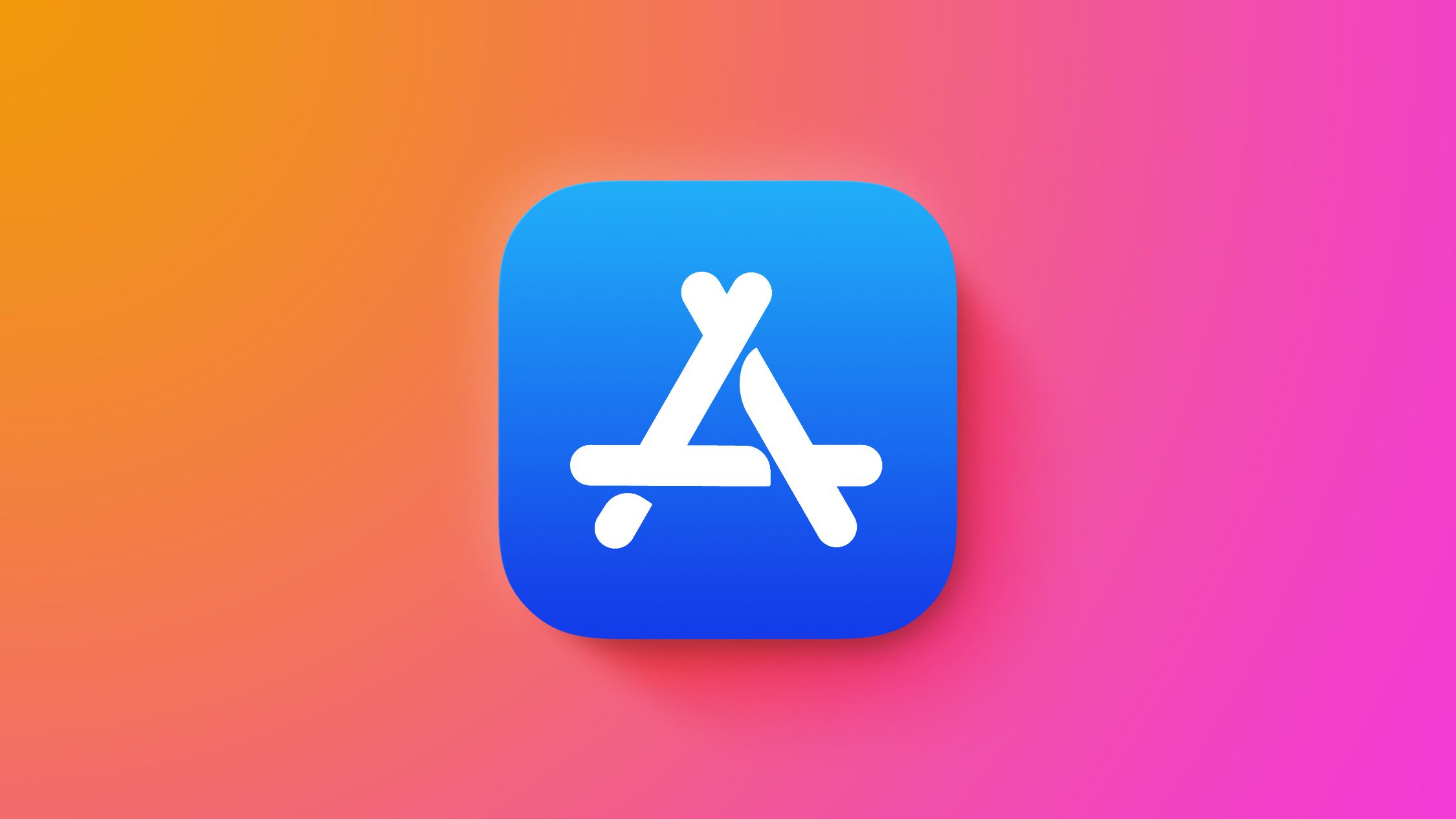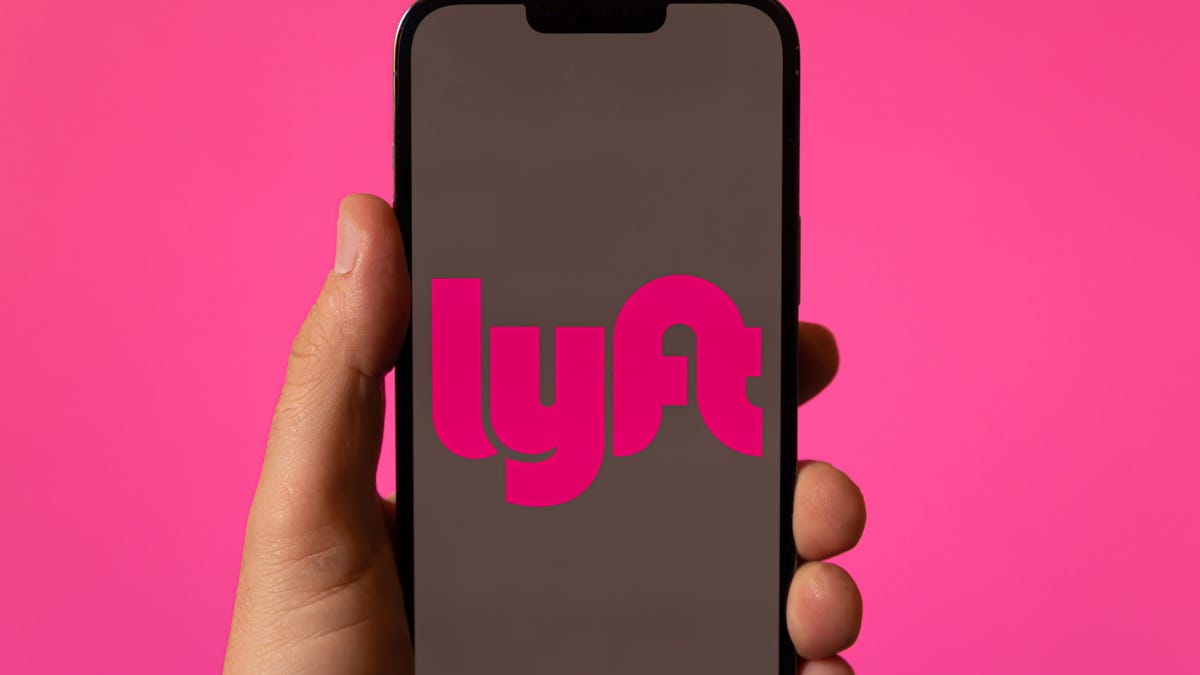Wikimedia Foundation Teams Up with Kaggle to Launch AI-Ready Wikipedia Dataset

On Wednesday, the Wikimedia Foundation announced an innovative partnership with Kaggle, a platform owned by Google that serves as a thriving community for data science enthusiasts. This collaboration aims to provide a version of Wikipedia that is specifically optimized for training artificial intelligence models. The initial rollout will include simplified, raw text versions of Wikipedia articles in both English and French, deliberately excluding references and markdown code to streamline the data for AI developers.
As a non-profit organization that relies heavily on donations and volunteer contributions, Wikipedia operates under a unique model where it does not claim ownership of the content it hosts. This open-access approach allows users to freely utilize and remix the wealth of knowledge available on the platform. For instance, Kiwix, an offline version of Wikipedia, has even been employed to clandestinely disseminate information into North Korea, illustrating the platform's global impact.
However, the rise of AI technology has led to an influx of bots that continuously scan Wikipedia for training data, resulting in an unprecedented surge in non-human traffic. Earlier this month, the Wikimedia Foundation revealed that its bandwidth consumption has skyrocketed by 50% since January 2024, creating a pressing need to manage this escalating usage effectively. By releasing a standard JSON-formatted dataset of Wikipedia articles, the Foundation hopes to alleviate the strain on its servers and deter AI developers from excessively crawling the website.
Brenda Flynn, the partnerships lead at Kaggle, expressed her enthusiasm for the collaboration, stating, As the place the machine learning community comes for tools and tests, Kaggle is extremely excited to be the host for the Wikimedia Foundations data. Kaggle is excited to play a role in keeping this data accessible, available, and useful. This partnership is set to not only benefit AI developers but also ensure that the vast trove of information remains within reach for future technological advancements.
Despite the positive intentions behind this initiative, there exists a prevailing concern that tech companies often overlook the contributions of content creators. The industry is increasingly leaning toward the view that content should be freely accessible, with many asserting that the utilization of online material to train AI models falls under the category of fair use due to the transformative capabilities of language models. However, this viewpoint raises ethical questions about the value of original content creation, as the labor and resources required to generate quality information are significant.
AI startups have shown a troubling tendency to disregard established norms that discourage excessive crawling of websites, which has infuriated many content creators. Language models, which produce text that mimics human writing, necessitate extensive training on large datasets. Consequently, the demand for training data has surged, likening it to a vital resource akin to oil in the burgeoning AI industry. It is widely acknowledged that leading AI models often utilize copyrighted works for training purposes, and numerous AI companies find themselves embroiled in legal disputes over these practices. The ramifications of this trend are alarming for various companies, including educational platforms like Chegg and Q&A sites such as Stack Overflow, as they risk losing traffic and visibility when AI models are able to provide similar content to users without directing them back to the original creators.
Contributors to Wikipedia may harbor reservations about their content being made available for AI training for several reasons, primarily due to the implications of AI-generated responses potentially undermining the value of their contributions. All content on Wikipedia is licensed under the Creative Commons Attribution-ShareAlike license, which empowers users to freely share, adapt, and build upon the work, even for commercial purposes, provided that they credit the original creator and license their derivative works under the same conditions.
The Wikimedia Foundation clarified in a statement to Gizmodo that Kaggle is accessing Wikipedias extensive dataset through a beta program within its Wikipedia Enterprise suite. This suite is a premium offering designed to facilitate high-volume users in their reuse of content. The Foundation emphasized that entities utilizing this content, including companies that develop AI models, are still expected to adhere to Wikipedias strict attribution and licensing guidelines.

























